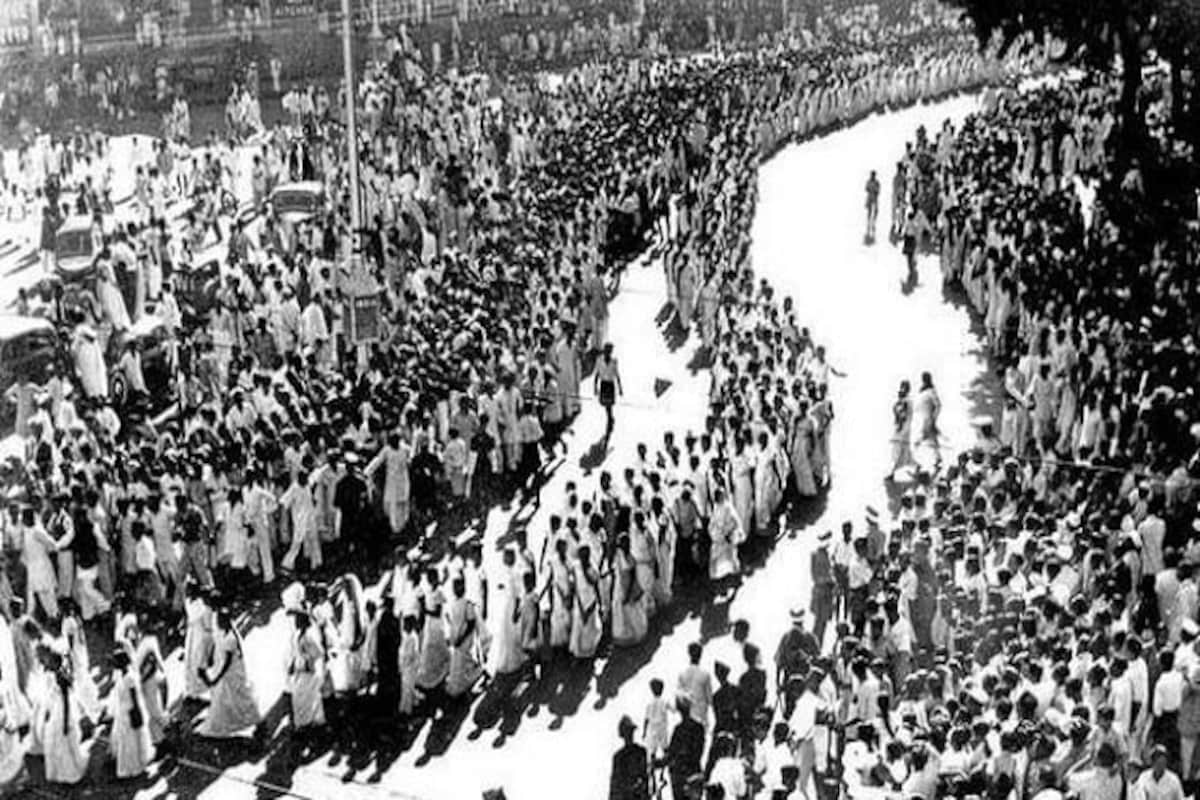Nepali Leaders in the Indian Freedom Struggle

In the mid-20th century, the Indian subcontinent was a boiling cauldron of revolutionary ideas and fervent demands for independence. While India’s quest for freedom from British colonial rule is well-documented, a lesser-known chapter of this saga involves the contributions of Nepali leaders and individuals who played significant roles in the struggle.
Chandra Bahadur Gurung: A Revolutionairy Voice
Chandra Bahadur Gurung was a fervent supporter of the Indian independence movement, actively participating in the Quit India Movement of 1942. Gurung’s involvement was not merely symbolic; he was deeply entrenched in the strategies and plans that sought to overthrow colonial rule. His leadership and dedication inspired many young Nepali and Indian nationalists to join the movement.
Laxmi Prasad Devkota: The Pen as a Sword
While Laxmi Prasad Devkota is celebrated as a literary giant, his contributions to the freedom struggle extend beyond the realm of poetry and prose. Through his writings, Devkota infused a spirit of resistance and hope among his readers. His works often carried subtle but powerful messages against colonial oppression, inspiring many to dream of a free and independent India.
Sardar Bhim Bahadur Pande: A Strategist for Change
Sardar Bhim Bahadur Pande was another prominent Nepali figure who actively supported the Indian National Congress. His participation in the Quit India Movement underscored his commitment to the cause. Pande worked tirelessly behind the scenes, organizing meetings and rallies that kept the momentum of the independence movement alive.
Bal Krishna Sama: Art as Activism
Bal Krishna Sama, like Devkota, used his literary talents to fuel the freedom struggle. His plays and writings often depicted the harsh realities of colonial rule, encouraging audiences to question and resist British authority. Sama’s works were instrumental in shaping public opinion and galvanizing support for the independence movement.
Narayan Gopal Pokharel: A Political Force
Narayan Gopal Pokharel’s role in the freedom struggle was primarily political. As an active member of the Indian National Congress, Pokharel participated in various campaigns and initiatives aimed at dismantling British rule. His efforts helped bridge the gap between Nepali and Indian activists, fostering a sense of unity and shared purpose.
General Gaje Ghale: A Soldier for Freedom
General Gaje Ghale’s contribution to the Indian freedom struggle was through his military involvement with the Indian National Army (INA), led by Subhas Chandra Bose. Ghale’s participation in battles against British forces demonstrated his unwavering commitment to the cause of independence. His bravery and leadership on the battlefield were a testament to the shared struggle for liberation.
The Legacy of Nepali Leaders in the Indian Freedom Struggle
The contributions of these Nepali leaders and individuals to the Indian freedom struggle highlight the interconnectedness of South Asian history. Despite coming from a neighboring country, these figures recognized the importance of a free and independent India, understanding that their destinies were intertwined. Their sacrifices and efforts remain a testament to the enduring bonds between Nepal and India, and their legacy continues to inspire future generations in both countries to work towards justice, equality, and freedom.




![From Kathmandu to the World: How Excel Students Are Winning Big [Admission Open]](https://nepalaaja.com/index.php/img/70194/medium/excel-college-info-eng-nep-2342.jpg)
